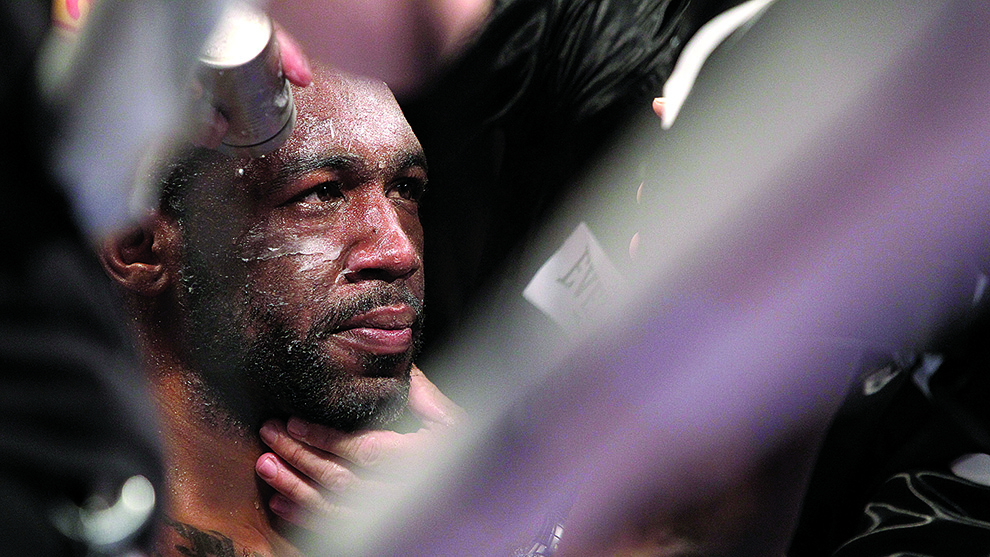AUSTIN TROUT, a former world champion, is facing a dilemma. At the age of 37, he still wants to continue fighting, believing that his best days may lie ahead. However, Trout is also aware of the risks involved in prolonging his boxing career. As part of an ongoing brain study on combat sport athletes, Trout understands the potential consequences of taking one fight too many. He doesn’t want to compromise his brain health and become a burden to his family.
Trout visits one of the leading sporting neurologists in Boston, where the walls are adorned with pictures of sporting icons in various contact sports. Among them, Trout notices two autographed pictures of boxers – Micky Ward and himself. Trout was known for his boxing skills and defeated Miguel Cotto but suffered losses to Canelo Alvarez. He acknowledges that brain trauma in boxing is not just about big hits but the cumulative effect of years of punches. Even skilled fighters like himself can’t escape unscathed.
Trout has experienced defeats against top-class opponents, but he finds himself at a crossroads. He is in that phase where he must accept the transition from a fighter’s life to a civilian’s life. This loss of identity can be tough, but Trout knows the importance of making this transition. Despite being well-informed about the dangers, he finds himself debating his choices. He recently took part in a bare-knuckle fight and won, but his last boxing match was in August 2022.
Trout admits that he hadn’t always been fully focused on boxing in the past, often gaining weight and getting out of shape between fights. However, he now realizes the importance of discipline and prioritizing the sport to prolong his career. Nevertheless, Trout is fully aware of the risks associated with boxing for too long. He was sent to Dr. Robert Cantu, a renowned sporting neurologist, due to a brain scan revealing insufficient protection for part of his brain. He became part of the Professional Fighters’ Brain Health Study, which aims to understand brain damage in combat sports athletes. Trout goes through regular testing to monitor his brain health and compares his results against other fighters and non-combative individuals.
Trout is deeply concerned about protecting fighters against brain trauma and has been a vocal advocate for improvements in the sport. He has even traveled to Capitol Hill to discuss these issues. Despite his passion for boxing, Trout wants to make informed decisions about his career based on his neurological data. He continues to undergo tests and hopes the results will guide him in deciding when to retire. Trout values the discipline to listen to his body and the knowledge gained from being part of the brain study. He wants to fight until the time is right, but he also wants to prioritize his long-term well-being.
Source link
